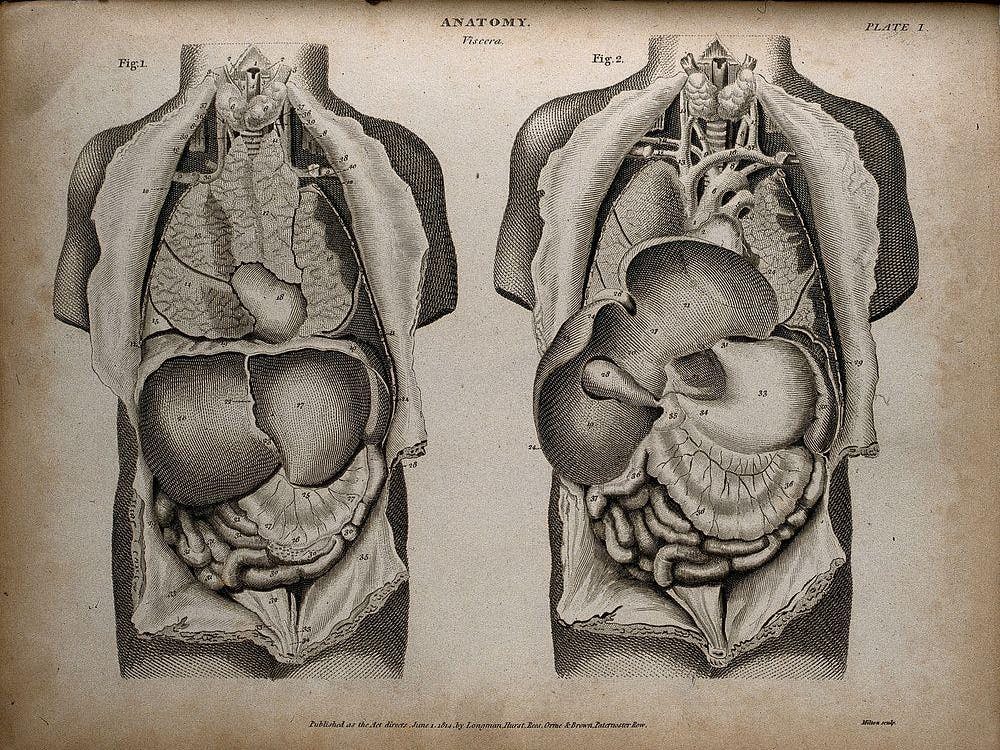The American Whig-Cliosophic society hosted a debate on Wednesday, April 5, on whether the University should divest from private prisons.
The ultimate vote was 24 for Whig, who supported divestment, and 12 for Clio, who were opposed.
Much of the debate centered on the ethical or political implications of divestment from private prisons.
Whig argued that the University should divest because of the morally egregious nature of private prisons, which they said profit from a system of mass incarceration and institutionalized racism.
Clio countered that divestment is only justified in the case of unequivocally immoral investments. The University has previously divested in two cases — one involving apartheid in South Africa and the other due to the genocide in Darfur.
Clio argued that the question of private prisons is political rather than moral, and that the University should not make investment decisions based on the political views of a percentage of the study body.
The Whigs countered that the University’s investments are never apolitical and that issues which are political are also moral. They further argued that the University should act consistently with its informal motto “in the nation’s service.”
The debate also focused on the strength of student body support for divestment and whether student support should be a factor in the decision at all.

The Whigs stated that 89 percent of students who voted in a referendum on divestment indicated support; Clio countered that the referendum did not meet the bar for student participation which the University requires for divestment because not enough students voted on it.
Clio also expressed concern that divestment would stifle open campus debate on the issue by sending a political message to students; Whig disagreed with this idea.
The final major aspect of divestment the groups debated was its financial implications. Clio argued that the sole purpose of the University’s endowment is to provide money to benefit students. Whig responded that the endowment is not entirely separate from the University’s mission and that the effect on financial aid due to divestment would be minimal.
Overall, the debate benefitted from high turnout and participation, President of the Senate Sinan Ozbay ’19 noted.

“The debate engaged in many levels of argumentation; discursive arguments, the economic impact of divestment, the morality, the actual impact,” Ozbay said.
“I think this was a great debate about a pressing campus issue, and I’m glad we had it,” Joseph Carlstein ’18, who argued for Clio, said.
The debate took place in Whig Hall at 7:00 p.m.
This article has been updated to state the correct start time of the debate.







